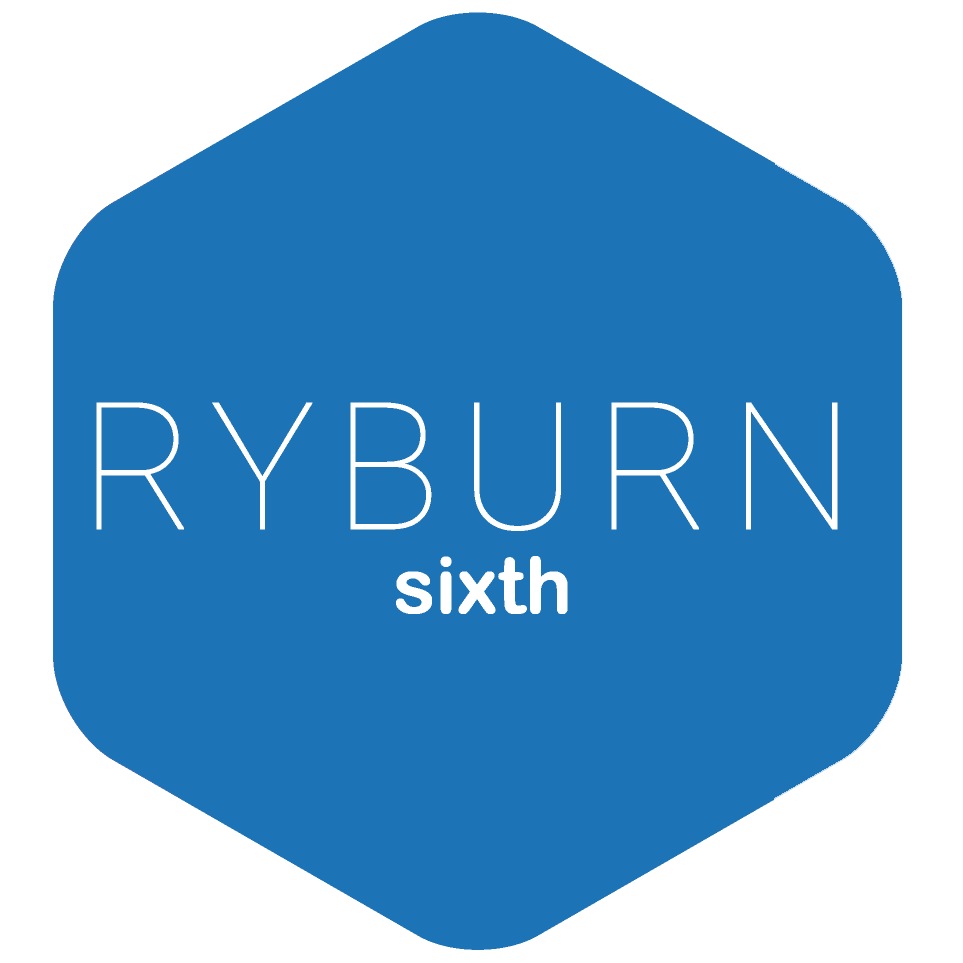Study Product design
At Ryburn Sixth
Choose Ryburn Sixth to study A-Level Product Design. Learn about how products are manufactured and develop sketches, models and prototypes for your own designs. Develop highly transferable skills in problem solving using iteration and user centric design, preparing you for any career working with clients.
Benefit from state of the art facilities including a 3D printer, laser cutter and 3D Fusion CAD. Teaching is fresh, making use of Google Classroom to support learning and discussion. Our annual trip to the New Designers exhibition in London is always an eye-opening and inspiring opportunity.
Our specialist teaching team includes graduates in 3D Design and Furniture, and Engineering. We have strong industry links and the experience to link what you are learning in the workshop with professional working practice. Our teachers are supportive and will help you to achieve your potential.
Students from this course gain the skills and ambition to be very successful in the field. Our recent alumni include students of Architecture at the University of Leeds, and of Product Design at the Universities of Loughborough and Derby. Another former student now has a dream job building an F1 simulator at Williams Formula 1.
What will I study?
Qualification: A-Level Design Technology: Product Design
Exam Board: OCR
Exam components: 50%
Principles of Product Design
This paper is set out through four sets of questions that predominantly cover technical principles within Product Design. Learners will be required to:
- analyse existing products
- demonstrate applied mathematical skills
- demonstrate their technical knowledge of materials, product functionality, manufacturing processes and techniques
- demonstrate their understanding of wider social, moral and environmental issues that impact on the design and manufacturing industries.
Problem Solving in Product Design
This component has a series of longer answer questions that require learners to demonstrate their problem solving and critical evaluation skills. Learners will be required to:
- apply their knowledge, understanding and skills of designing and manufacturing prototypes and products
- demonstrate their higher thinking skills to solve problems and evaluate situations and suitability of design solutions.
Coursework 50%
The ‘Iterative Design Project’ requires learners to undertake a substantial design, make and evaluate project centred on the iterative processes of explore, create and evaluate.
Learners identify a design opportunity or problem from a context of their own choice, and create a portfolio of evidence in real time through the project to demonstrate their competence.
Ready to take your
next steps?


